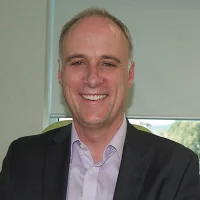Articles / Is social media damaging to children and teens? We asked five experts

If you have kids, chances are you’ve worried about their presence on social media.
Who are they talking to? What are they posting? Are they being bullied? Do they spend too much time on it? Do they realise their friends’ lives aren’t as good as they look on Instagram?
We asked five experts if social media is damaging to children and teens.

The four experts who ultimately found social media is damaging said so for its negative effects on mental health, disturbances to sleep, cyberbullying, comparing themselves with others, privacy concerns, and body image.
However, they also conceded it can have positive effects in connecting young people with others, and living without it might even be more ostracising.
The dissident voice said it’s not social media itself that’s damaging, but how it’s used.

Premature Ovarian Insufficiency – The New Guidelines

Inhaler Devices
Very overestimated
Moderately/slightly overestimated
Quite accurate
Moderately/slightly underestimated
Very underestimated
Listen to expert interviews.
Click to open in a new tab
Browse the latest articles from Healthed.
Once you confirm you’ve read this article you can complete a Patient Case Review to earn 0.5 hours CPD in the Reviewing Performance (RP) category.
Select ‘Confirm & learn‘ when you have read this article in its entirety and you will be taken to begin your Patient Case Review.
Webcast TONIGHT
POTS – What You Need to Know